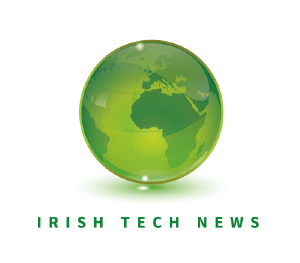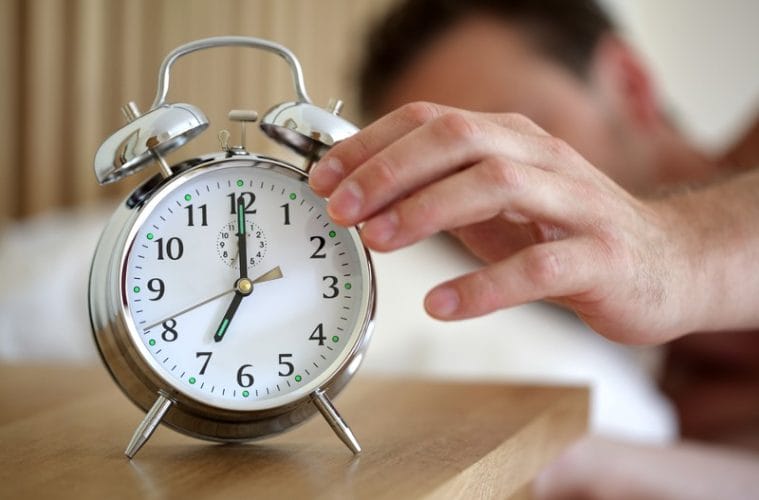With the introduction of the light bulb a hundred years ago came the need for the alarm clock. We were staying up later, sleeping less but still needing to get up for work.
Now we have the smartphone. We’re surfing social media last thing at night & first thing in the morning. We’ve got work email pinging us 247 across timezones, increasing stress levels & stopping us from turning off.
Sleep quality has never been worse.
In the last 2–3 years a number of high profile people have come out on the need for better sleep. Adriana Huffington from The Huffington Post recently wrote a book on sleep, how it impacts our health. Adriana believes in the importance of sleep so much she’s just stepped down to focus on a startup to tackle stress & burnout.
Quantifying Sleep
A few months back we had 3 sleep experts talking about sleep science, sleep tracking & improving our sleep quality at Dublins Quantified Self meetup.
Last talk by @Support2Perform on sleep at #qs Dublin. pic.twitter.com/YUn4MmUFZX
— Ronan McDonnell (@ronanmcdonnell) January 12, 2016
What was highlighted by all 3 speakers was we’re going through huge changes over the last 5–10 years as a society with regards to degrading sleep quality. This is likely to get worse.
We don’t know what the long term impacts of poor sleep are over long periods of time, but its unlikely to be good.
Lack of quality sleep causes fatigue, poor concentration, irritability, increased risk of injury, poor self-control, weight gain among other problems.
At the same time society as a whole spends enormous resources on sleep products. Drugs to get us to sleep, stimulants to keep us awake during the day, sleeping materials to help us sleep.
But we’re missing out on the most aspect to get a good sleep?—?our lifestyle.
Sleep Science
Sleep science is very young, we’ve only really started to understand sleep cycles, sleep stages & circadian rhythms in the last 50–60 years.
Sleep Cycles
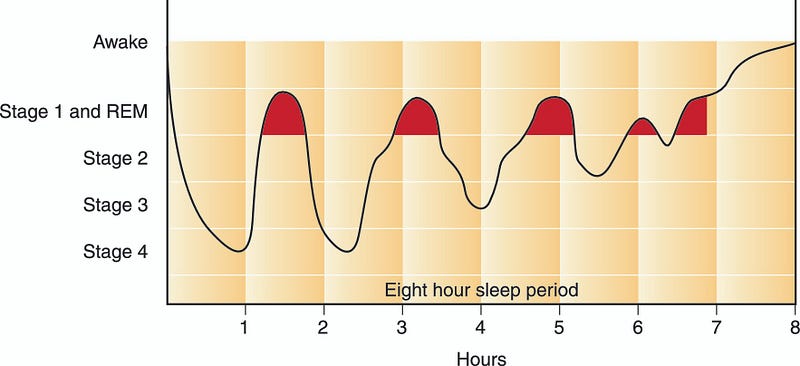
There are 3 main phases of sleep:
- REM?—?mind refresh or dreaming sleep (stage 1). We need REM sleep to keep our minds alert & healthy.
- Deep?—?or body refresh sleep (stage 4). This is where our bodies get a chance to repair. We’ll get more deep sleep after a heavy workout session.
- Light —(stages 2 & 3) our body is transferring between awake, REM & deep sleep stages
A sleep cycle has all 3 phases of sleep & lasts about 90 minutes. We tend to have more deep sleep at the start of the night than at the end. Body refresh sleep is more important than mind refresh sleep for evolutionary purposes.
Circadian Rhythm
Over the course of the day, a cascade of hormones, and behaviours are triggered in response to stimuli & times.
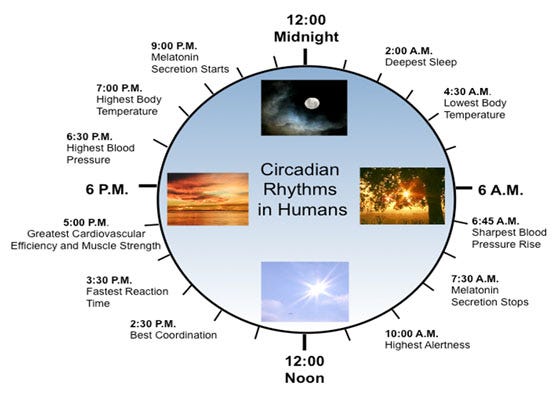
Light has a huge impact on setting our circadian rhythms, blue light in the mornings & red light in the evenings. Our bodies are also slow to adapt to new schedules, we’ve experienced that with jet lag or night shifts.
Circadian Rhythms in the 21st Century
This is where problems with smartphones come in the blue light shining directly into our eyes just before bed and information keeping our brain active & triggering stress hormones.
“What gets measured improves”
Sleep Trackers
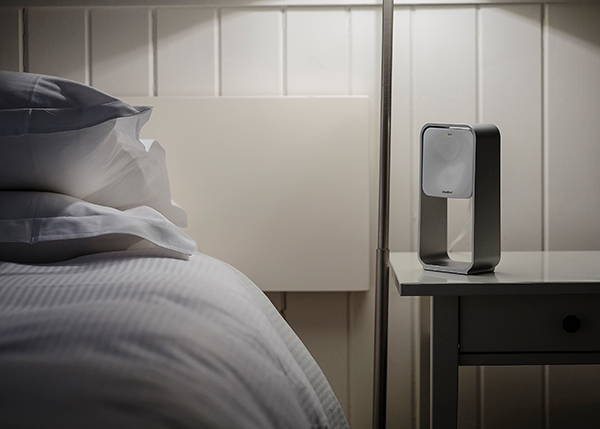
Sleep quality & time has been shown to improve for most people using a sleep tracker for as little as 1–2 months.
Standalone sleep trackers go far beyond what comes as standard in most wearables. Home tracking devices can track sleep cycles, our sleep quality, identify sleep disorders like sleep apnea & give tips on improving our sleep.
Some examples of standalone trackers are ResMed S+, Beddit. Theres even sleep tracking apps?—?sleepcycle or Sleep As Android.
Lifestyle Trackers
Lifestyle trackers go further, tracking sleep, rest and stresses over 24 hours. Working with a lifestyle coach, good & bad habits can be identified in order to maximise our sleep quality, reduce sleep & improve energy throughout the day.
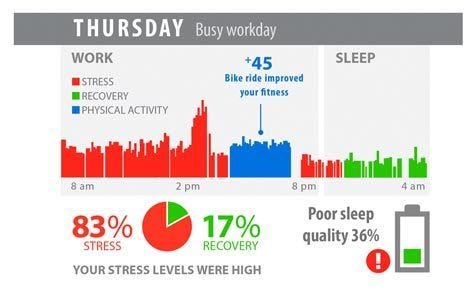
Getting a Better Nights Sleep
The top 5 recommendations from the sleep experts were:
- No coffee after 2PM?—?caffeine has a half life of 4–6 hours in the system
- No Devices at Night?—?ideally none within 1–2 hours of sleep. If we need to use devices, there are apps that can help. flu.x, dims & reduces the blue light of the screen to reduce the impact on our sleep.
- Consistent Sleep Schedule?—?Varying our sleeping patterns over the week interrupts our circadian rhythm & impacts sleep quality.
- Sleep Tracking?—?consider tracking sleep to gain better insights into what impacts & what improves your own personal sleep quality.
- Blackout Blinds?—?reducing light exposure at night in summer months
Quantified Self in Ireland
Dublin’s Quantified Self community discusses sleep tracking, the future of healthcare and many other topics every 1–2 month’s in the Science Gallery in Trinity.
Next event is Tuesday 23rd August. Entry is free.
Further Reading
- The Sleep Revolution?—?Arianna Huffington
If you would like to have your company featured in the Irish Tech News Business Showcase, get in contact with us at [email protected] or on Twitter: @SimonCocking
More about Irish Tech News
Irish Tech News are Ireland’s No. 1 Online Tech Publication and often Ireland’s No.1 Tech Podcast too.
You can find hundreds of fantastic previous episodes and subscribe using whatever platform you like via our Anchor.fm page here: https://anchor.fm/irish-tech-news
If you’d like to be featured in an upcoming Podcast email us at [email protected] now to discuss.
Irish Tech News have a range of services available to help promote your business. Why not drop us a line at [email protected] now to find out more about how we can help you reach our audience.
You can also find and follow us on Twitter, LinkedIn, Facebook, Instagram, TikTok and Snapchat.
